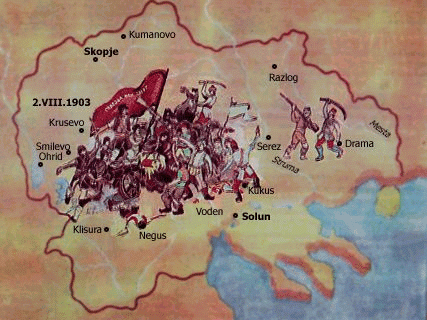Austerity policies risk Civil War in Greece
Greece’s austerity measures cannot prevent default and will lead to a breakdown of the political order if continued for long, a leading German economist has warned.
“This tragedy does not have a solution,” said Hans-Werner Sinn, head of the prestigious IFO Institute in Munich.
“The policy of forced 'internal devaluation', deflation, and depression could risk driving Greece to the edge of a civil war. It is impossible to cut wages and prices by 30pc without major riots,” he said, speaking at the elite European House Ambrosetti forum at Lake Como.
“Greece would have been bankrupt without the rescue measures. All the alternatives are terrible but the least terrible is for the country to get out of the eurozone, even if this kills the Greek banks,” he said...
Greece’s austerity measures cannot prevent default and will lead to a breakdown of the political order if continued for long, a leading German economist has warned.
“This tragedy does not have a solution,” said Hans-Werner Sinn, head of the prestigious IFO Institute in Munich.
“The policy of forced 'internal devaluation', deflation, and depression could risk driving Greece to the edge of a civil war. It is impossible to cut wages and prices by 30pc without major riots,” he said, speaking at the elite European House Ambrosetti forum at Lake Como.
“Greece would have been bankrupt without the rescue measures. All the alternatives are terrible but the least terrible is for the country to get out of the eurozone, even if this kills the Greek banks,” he said...


 . They protest highway ticket prices and pass the checkpoints without paying it either
. They protest highway ticket prices and pass the checkpoints without paying it either 






Comment